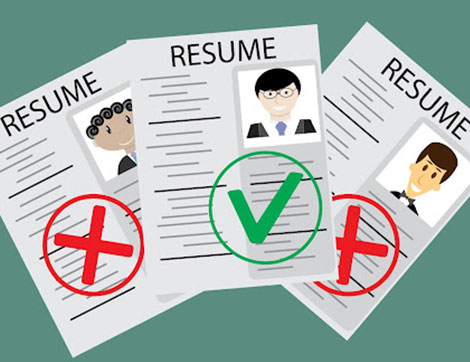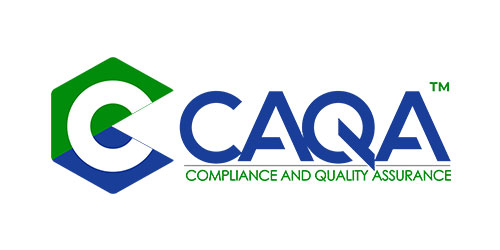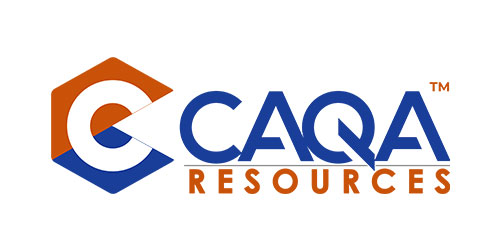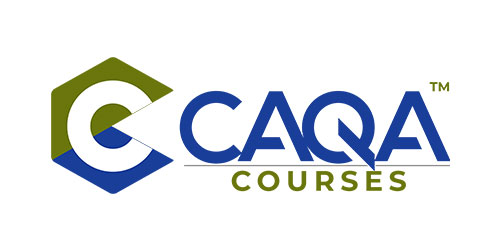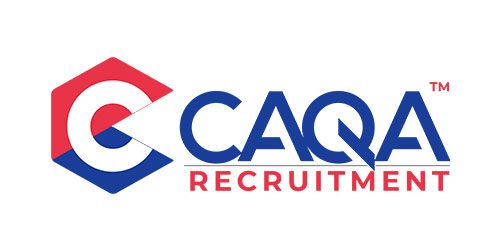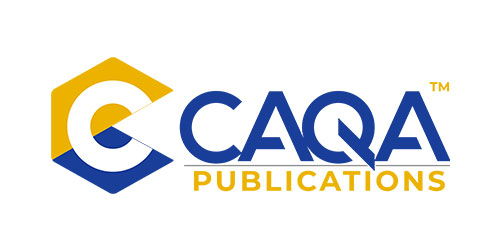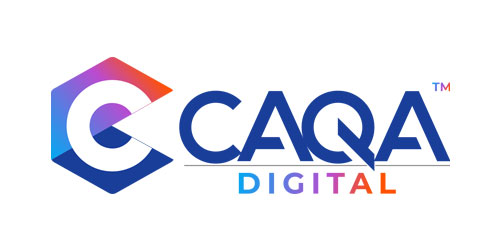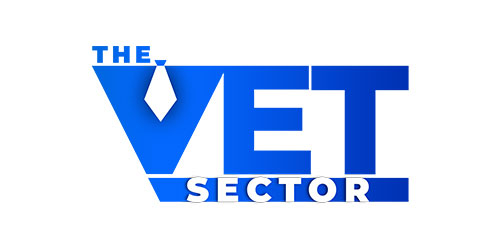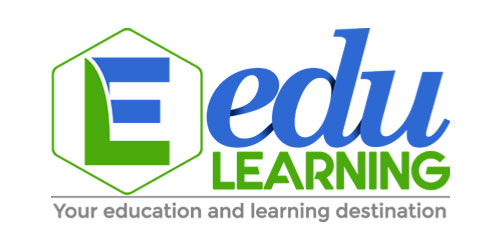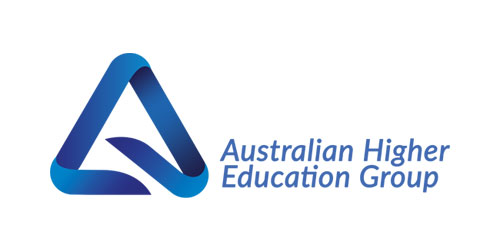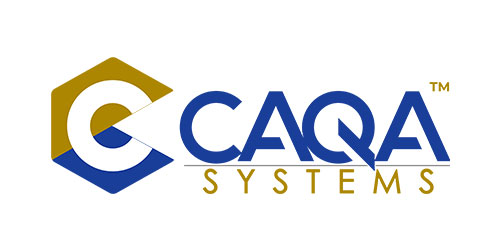
News
If you have followed the recent discussion on social media ASQA’s practices, RTO closures, TAFE non-compliance, rorting of government funding (by now this is historical data being republished) it is one thing that stands out; students are not part of the discussion.
How did we arrive where we are at this point in time?
ASQA was set up in 2011 by the Labor Government. ASQA is completely independent and ASQA’s practices and existence can only be changed with a change of legislation. There is no doubt that some ASQA officers and auditors have acted outside their guidelines and that in the great “culling” of numbers many good RTOs have been closed down as well as some RTOs with really bad practices.
It is, however, a bit of a surprise to see large non-compliant RTOs with bad practices come back from the brink of death and be resurrected. Even after there have been clear breaches of the law and involvement of AFP somehow there has been survival eg. Is it because of enough money put in the right places miracles do happen?
Many TAFE`s have been found to be non-compliant in their practices and even now we hear stories from trainers who have been asked to deliver training at TAFE`s who require the trainer to “make up” their own training and assessment material. The recent promotion for apprenticeships where the picture shows a blatant disregard for basic WHS for a person working at heights did not paint a positive picture of how the VET system works.
There is no doubt that the move from employing full-time and part-time trainers to contractor positions has undermined the quality of the VET system. No job security, no annual leave, no super, no paid public holidays, no chance of being approved for a bank loan etc has meant that many experienced people have left to go back to the industry they came from. Simultaneously, Australia is experiencing a building boom and there is a huge shortage of experienced trainers in the traditional trades areas.
The TAE qualification has been butchered to death and currently does not produce trainers with even the most basic idea of how to educate students. Qualifications completed in the shortest possible time, with minimum industry experience and to top it off a substandard trainer qualification is not a recipe for producing engaging competent trainers. No wonder we need to produce assessment material with “model” answers. How else would the trainers know what they need to assess students against?
Fees and funding for students are linked to outcomes and completions. Regardless of where a trainer is employed, in private RTOs, Tafe or Universities trainers are pressured to sign off students as competent. The only qualifications that have kept up the standards of the graduates are the qualifications where industry keeps a tight rein on who gets licensed and who doesn’t.
As we all know, politics is everything and with enough pressure, even the ABC will pull a current story, replace it with a “rorting scandal” and dig up a story about one RTO that is over 3 years old.
Those of us that have been around the block all know that this was not the first time government funding has been rorted. There had already been the scandal when every man and his dog was signed in to Cert III IT and traineeship funding was claimed by 100’s of employers. (Who can forget the Workskills vouchers?) There were so many warnings before the VET-Fee help scheme was launched but no one was listening and the outcome was no surprise.
ASQA auditors have pushed training and assessment into a corner where learning material is written not to inspire and educate students but in a manner that will keep an auditor happy. To pacify auditors we make up waddles of text published on paper in an era when everything you want to know about anything is already available online and for the most part free of cost.
We also write assessments for auditors although to this day we have yet to see a version that all auditors can agree is compliant. We have evidence to show that when six ASQA auditors validated the same assessment from 1 unit of competency in different RTOs, five of made it compliant and the sixth one didn’t. The feedback from the six did not make sense as they all thought different parts of the assessment could be improved (how is that for consistency?) and for the same section the comment from one auditor was that there was not enough information for the student and other auditors commented on the same section saying that there was too much information. It is also incomprehensible how training and assessment material audited 2 years ago and assessed as compliant can be re-audited and be non-compliant in a training package that has not changed.
The children of Australia go through an education system where teachers tell them to do their own research, evaluate information and draw their own conclusions. Do this and become a self-motivated life-long learner. Then we send them to do Certificate III in whatever and give them learning material for 15 units of competency when 50% of the content is repeated because that’s how the auditors want it. No wonder they don’t want to come to class. Should auditors audit learning material? Does it matter how, when and where the student has acquired the learning?
If you are following the VET debate on social media you would know that there is a war and that the battle lines are drawn.
But where are the students in this conversation……..
Isn’t it a fact that education and training in its traditional form is fast losing its relevance and appeal? Is the Australian VET sector becoming a dinosaur?
The review of ASQA called for by Minister Michaelia Cash and the current petition on the Australian Parliament website calling for an investigation of ASQA will hopefully lead to a better regulatory system. As educators in the VET sector we are all familiar with the benefits and context of continuous improvement and this should apply across the board and include ASQA. If you have not already, sign the petition now. This is your opportunity to be part of building a better VET system.
The link for the petition can be found below:
 1800 961 980
1800 961 980 info@careercalling.com.au
info@careercalling.com.au






